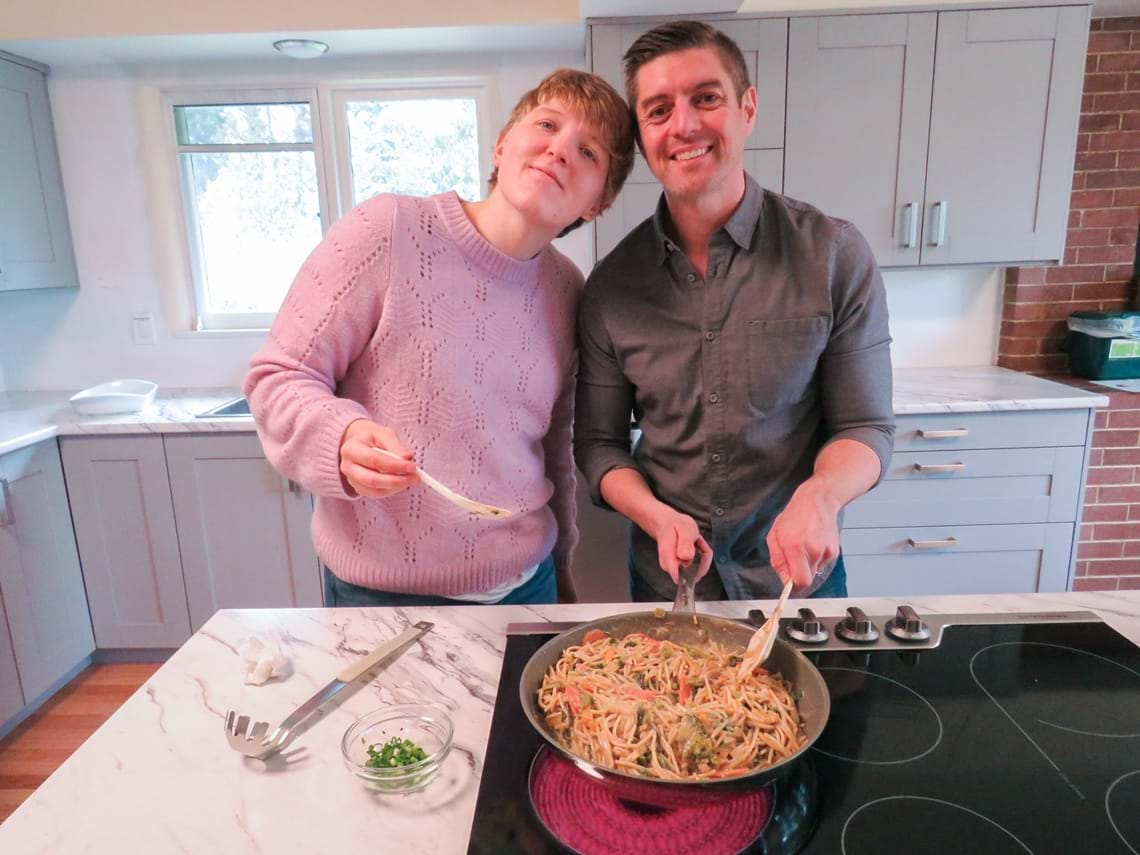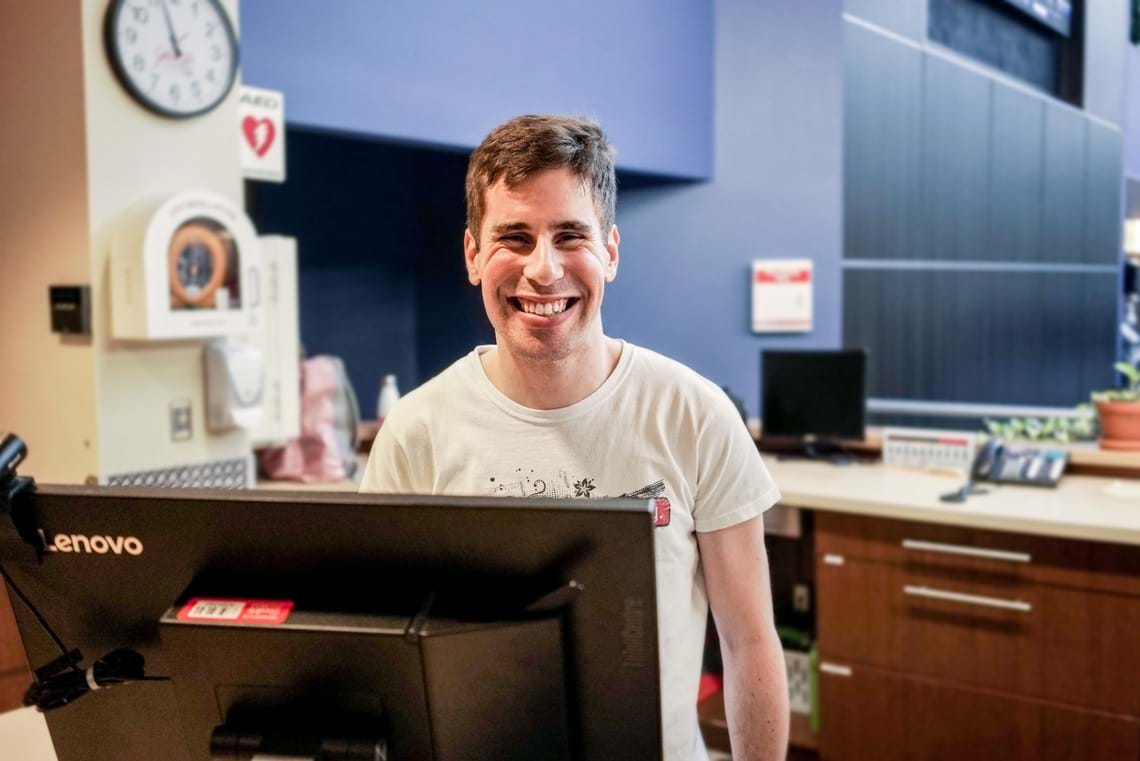To anyone who knows me, it should come as no surprise that World Autism Awareness Day has a great deal of meaning to me.
It’s now been over 20 years since my daughter, Kilee, was diagnosed with a severe form of autism, beginning an incredibly fulfilling journey that, even with the challenges, has taught me so much.
After her diagnosis, I was determined to not only help Kilee become the best she could be, but set my sights on finding the cause and cure for autism.
In the years since, the need for additional research has become even clearer. Once reported as 1 in 10,000, the prevalence of autism spectrum disorders is now estimated at 1 in 66 for Canadian youth aged 5-17.
Kilee has had such an impact on my life; growing in my relationship with her has taught me things about life that I could never have learned elsewhere, and I am so grateful for that.
I learned how to be present and what it meant to be caring - how to truly listen to my family, friends and everyone else around me - to understand what they needed and wanted, and how to connect with them.
With autism treatment, I learned that Kilee responded to feedback from me, whether it was positive or negative feedback. This meant I had to get EXTRA excited when she showed the behaviour we wanted, like cleaning up toys, and completely ignore negative behaviour.
This taught me to always focus on the positive in other areas of my life as well. I learned how to get excited for others and to genuinely celebrate their wins, big and small, in a way that they could feel.
I learned the ability to focus on the essential things; how to foster a positive vision and share that vision in a way that motivated others around me.
In celebration of World Autism Awareness Day, we've shared 3 recipes that Kilee enjoys cooking and eating! Read the full story here.

Through these experiences, I’ve come to understand the importance of giving people meaningful opportunities to succeed. I’ve seen what can happen when we focus on someone’s potential as opposed to their condition.
This is why GoodLife strives to hire people with special needs, including autism. A perfect example of this is Daniel Drummond, one of our Associates at the King and Wellington Club in London.
Daniel works at the front desk at the club where he meticulously manages the towel service and loves to welcome the gym’s regulars.

In the eight years he’s worked at GoodLife, Daniel has made friends with coworkers and members, and he participates weekly in group fitness classes after work. He loves to dance, and when he’s not at work, he enjoys bowling, skiing, camping, swimming and cooking.
When asked about what he enjoys about his job, he couldn’t narrow it down to just one thing. “My favourite part about coming to work is all of it; I love work.”
Based on 2015 data, it is estimated that 1 in 66 Canadian children and youth ages 5-17 have been diagnosed with ASD. Despite a staggering number of those on the autism spectrum eligible to enter the workforce– there is an overwhelming majority of this population that remains without work.
For someone with autism, a job can help strengthen autonomy and a sense of belonging, while giving them the skills to participate in social activities. This has a long-term impact on their health, as they gain a greater sense of personal dignity and increased chances of economic well-being.
I hope that other employers also look at people on the autism spectrum and see someone who is seeking connections and purpose in life, as all of us do. Diversity in a workforce leads to fresh ideas and approaches to day-to-day tasks.
For adults who are on the autism spectrum, AutismSpeaks.ca has provided a free employment tool kit to help with every step of the employment process.
